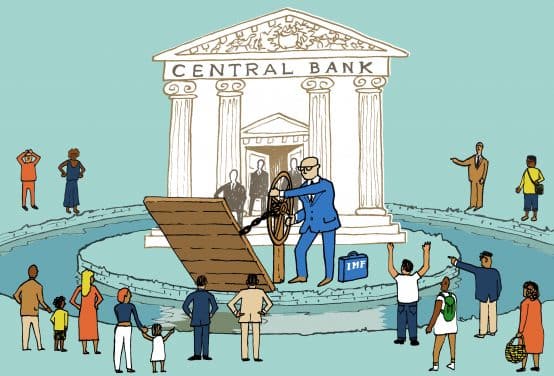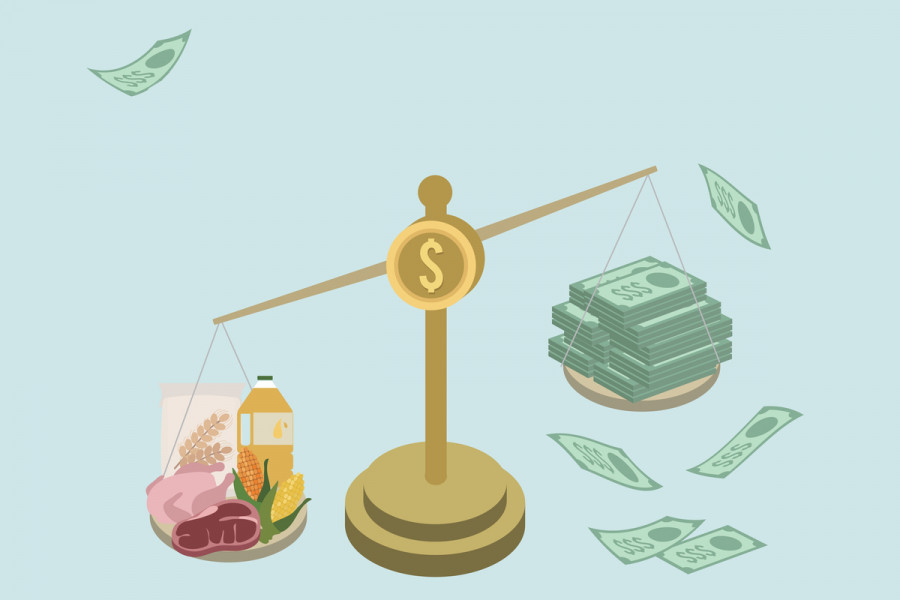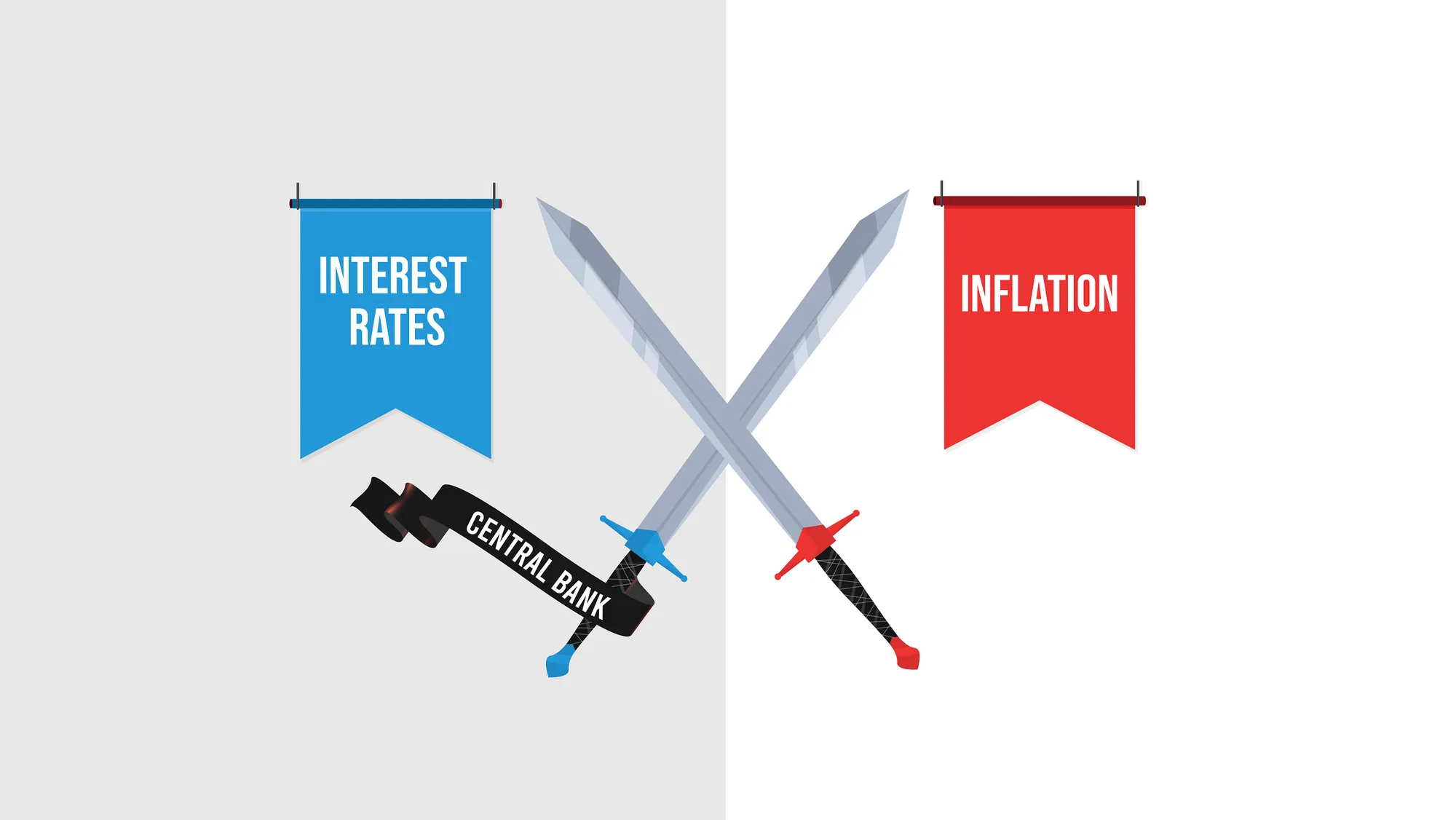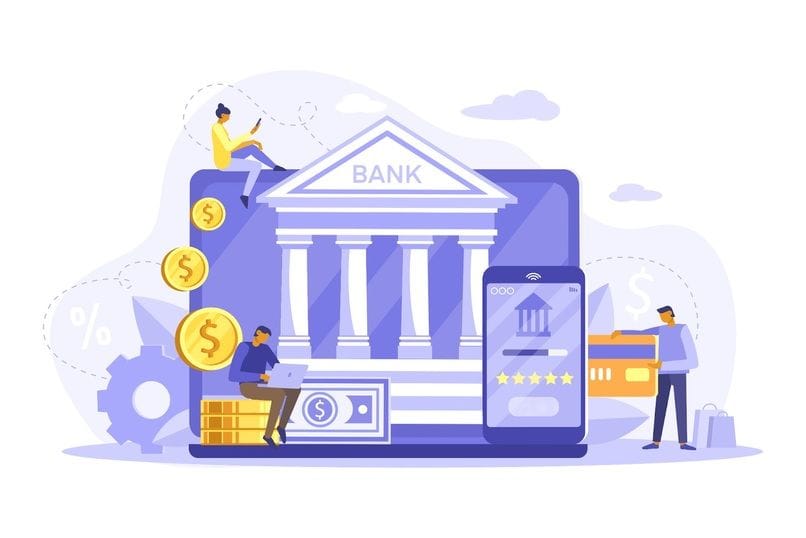Central bank independence isn’t just a policy choice; it’s the bedrock of a stable economy. Imagine your funds keeping steady value, even as markets swing like a pendulum. It’s this very independence from political winds that anchors prices and keeps your money from sinking in the storm. I dive deep to show how this unsung hero works behind the scenes. With insights on how money policy stays free from the grasp of short-term political goals, and governance structures that keep the nation’s purse strings tight, you’ll see why a strong, self-governing bank is crucial. Critics and advocates alike debate the trade-offs, but the proof is in the economic pudding—stability, health, and trust in the financial sector. Buckle up; we’re unpacking this financial titan, one fact at a time.
The Foundation of Central Bank Independence
Understanding Monetary Policy Autonomy
Think of central banks as strong, wise guardians. They keep prices stable so that the money in your pocket buys you the same amount of candy today as it will tomorrow. To do this, they have to make big decisions without others telling them what to do. This freedom is what we call monetary policy autonomy. It means these banks can set interest rates without someone peeking over their shoulder and pushing them one way or another.
A bank that can call its own shots can fight off trouble. Like a superhero shielding us from a storm, this independence helps our bank to keep the economy on track. When prices threaten to climb too high, an independent bank can hike up interest rates, cooling things off. If the economy is weak, it can cut rates to give it a little boost.
Governance Structures Shaping Sovereign Banks’ Roles
To make sure our guardians are doing a great job, we have rules called governance structures. These are like the game rules that tell the central bank what it can and can’t do, helping it to work better for all of us. Think about when you play a board game; if everyone knows the rules, the game is fair and fun. It’s the same with banks – rules like these make sure things are clear and fair for everyone.
These structures also help keep politics away from money decisions. We don’t want our banks to be pushed around by politicians who come and go. Our banks must stand firm and not flip-flop every time the wind changes direction. This makes sure they stick to their job of keeping prices stable, no matter what might be happening in the government.
So, when we say a bank is independent, what we really mean is that it has the power and safety to make decisions based on what’s best for the economy. Not just because someone with power wants it to do something else. This is super important because it builds trust. When people trust their bank, they feel safe with their money, and businesses feel good about investing.
To sum it up, independence for central banks is like being the captain of a ship on a stormy sea. The captain must steer clear of rocks and waves without others grabbing the wheel. This makes sure we all reach the shore safe, sound, and ready for a bright tomorrow.
The Benefits of Central Banking Autonomy in Practice
Inflation Targeting Efficacy
When banks set clear rules for how much prices can rise, we call this inflation targeting. It’s like a speed limit for the economy. This helps everyone know what to expect with money. If the central bank can work without too much push from the government, they can really focus on controlling inflation. Studies show that when banks have the freedom to make these calls, they do a better job at keeping inflation low. This means prices don’t jump too high or too low. It is a big win for us all.
Now, you might ask, “Does having an independent central bank really make inflation control better?” Yes, it does. When banks can stick to their plans without outside pressure, they can keep a firm grip on inflation. This is not just talk. Countries with free central banks often see lower and steadier price rises than those with less freedom. Take a look at places around the world. You’ll find the same story. When banks can do their job without folks telling them what to do, our money stays more stable.
Maintaining Price Stability and Financial Sector Health
A steady market is like a calm sea for boats—which, for us, means businesses and jobs can sail smoothly. Banks that stand apart from politics can make the best calls for our money. They keep an eye out and mesh their moves with what’s going on in the world. This stops prices from swinging and keeps our financial world in good shape.
So, when the bank steps in to help out, it’s like a teacher breaking up a playground fight before it gets out of hand. The bank’s help can stop a money mess from getting worse. By lending cash to banks in a jam, they keep problems from spreading. It’s important stuff that helps us all feel more sure about our money.
And let’s face it, when times get tough, like in a big money crisis, we all look to the central bank to step up as the hero. By having the freedom to act fast and strong, they help keep our cash safe. This role—being the lender of last resort—is a safety net, keeping our banks from going under.
To sum it up, free central banks play a huge part in our lives, even if we don’t always see it. They work hard to keep the money world steady and healthy. This means we can plan our futures, knowing our cash will still be good down the road. It’s big. It’s key. And it’s how we all get to enjoy a more predictable life without wild price swings or bank panics.
The Impact of Political Dynamics on Central Banks
Accountability Versus Government Interference
When we think of central banks, money and interest rates often come to mind. But these banks are more than that. Let’s explore how their independence can shape our lives and pockets.
Imagine a central bank like a goalie in soccer. Their big job is to keep the economy stable, much like the goalie defends their net. The central bank aims for goals like stable prices and a strong banking system. They do this by adjusting interest rates and making sure banks play fair.
Now, picture the government as the coach. The coach might want the team to play a certain way. But it would be bad news if the coach could make the goalie let some goals in just to win in a different game. If a central bank loses its freedom, it’s a bit like letting the coach command the goalie in a soccer match.
“But what does central bank independence mean?” you may ask. It means the bank is free to set its own policies, like interest rates, without the government peeking over its shoulder. This keeps the game trustworthy and the economic field even.
“But why can’t the government call the shots?” is the next question. When governments pull the strings, they might try to pump up the economy to win votes or get short-term gains. This could lead to too much money chasing too few goods. And that’s a sure recipe for our old enemy, inflation.
Think of a time when a candy bar got more costly. That’s a taste of what happens when prices rise across the board. Our central banks combat this by setting interest rate targets. They aim for just the right amount of economic heat: not too cold, not too hot.
Autonomy in Centrally Managed Financial Crisis
When a financial storm hits, an independent central bank turns into our economic lifeguard. It dives into action, lending money to banks that need it. This quick help is vital. It stops a bad day from turning into a disaster.
In 2008, when the big financial meltdown came, autonomous central banks worldwide took charge. They slashed interest rates and saved banks caught in the storm. Their fast moves helped keep money flowing and workers paid. It was a tough time, but it could have been way worse without their swift rescue.
But make no mistake, a central bank’s power is massive. There’s a thin line between autonomy and going unchecked. Accountability is key to making sure these banks don’t go rogue. Governed by laws and watched over by public committees, they must explain their choices openly. Clear and honest talking from the bank builds trust with us, the people.
So, you see, the independence of central banks isn’t just fancy talk. It’s a shield against economic chaos and a guard for our money’s worth. It means making long game plans for our economy’s health, staying clear of the tempting short game of political wins.
Central Bank Transparency and Accountability: Finding the Balance
Evaluating the Pros and Cons of Independent Banks
When a country’s bank makes its own choices, it’s a big win for the economy. These banks follow a set path and don’t let daily politics turn them away. They keep an eye on prices and work to avoid big ups and downs in the market. This makes sure money keeps its value over time. Yet, some people worry that without checks, these banks might miss wider public needs or resist needed change.
Answering the question, “Are autonomous banks good?” we find that they usually lead to better economic outcomes. With the ability to act without political pressure, they can focus on long-term goals like controlling inflation. This helps keep costs for goods stable. It is vital for families to afford what they need. But we have to keep in mind that power without limits can be risky. So, there’s always a push to make sure these banks stay true to their promises.
Enhancing Credibility Through Interventions and Communication
To win trust, banks must act wisely and talk clearly about their moves. Bank moves can shock markets if not shared well. They must show they can step in and fix things when markets shake. Being clear helps folks understand why a bank acts as it does.
When asked, “How does clarity help a bank’s image?” we see that it boosts confidence in the bank. If people get the reasons behind a bank’s moves, they’re more likely to support them. A central bank says upfront how it plans to keep prices steady. This stops wild guesses and helps everyone make better money choices. If banks slip up, they must own it and fix it fast. This shows they’re on top of things and keeps trust strong.
By balancing these needs, we make sure our money stays safe. We see our bank as strong and fair. In the end, a bank that stands on its own but still checks in with the people makes a rock-solid partner for a nation’s wealth.
In this post, we dove into why central banks need to stand on their own. We saw how they run monetary policy and keep banks in check. Their main goal is to keep prices stable and stop inflation from getting out of hand. But they can’t do this well if governments poke their noses in too much.
Central banks should be clear about what they do and own up to their actions. It’s a tricky walk between being free and answering to the people. But, when they get this right, we all win. Money stays steady and banks play fair. When crisis hits, these banks can step in and guide us out of trouble.
Remember, strong central banks can mean a stable economy for all of us. When they work right, we barely notice, but that’s the beauty of it. It’s about finding that sweet spot where they’re free to act for the greater good. Here’s to central banks that do their job well. It keeps our wallets safer.
Q&A :
What is central bank independence?
Central bank independence refers to the extent to which a country’s central bank can make decisions without direct political influence or pressure from the government. It is a critical aspect that can impact a central bank’s ability to control inflation, stabilize the country’s currency, and manage monetary policy effectively without short-term political considerations.
Why is central bank independence important for an economy?
The importance of central bank independence lies in its role in maintaining price stability and controlling inflation. An independent central bank can focus on long-term economic goals rather than short-term political gains. This ensures that monetary policy decisions are made based on economic criteria, which can lead to greater economic stability and investor confidence.
How does central bank independence affect inflation?
Central bank independence can greatly affect inflation by allowing the bank to set interest rates and control the money supply with the primary goal of maintaining price stability. Without political interference, central banks can make tough choices to rein in inflation even if those decisions could be unpopular in the short term.
Can governments influence independent central banks?
While independent central banks are designed to be insulated from political pressure, there can be instances where governments attempt to influence these institutions through various means. This can range from public comments intended to sway monetary policy to the appointment process of central bank officials who may share similar views to the current government.
What measures ensure the independence of central banks?
There are several measures that can ensure the independence of central banks. These may include legal or constitutional provisions that set the terms and conditions of central bank operations, protect against the removal of policymakers for political reasons, and require a clear mandate that prioritizes price stability. Other measures include transparent processes for appointing central bank leadership and regular reporting to the public and legislative bodies to maintain accountability while avoiding direct political control.






